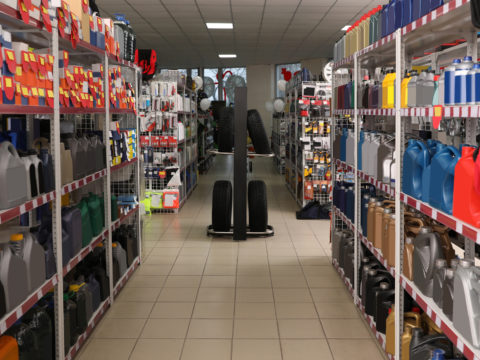Maintaining your car is essential for keeping it running smoothly and safely. However, not all advice is good advice. In fact, some car maintenance tips can do more harm than good. We’ve gathered the 17 worst car maintenance tips mechanics have ever heard to help you avoid costly mistakes and keep your vehicle in top condition. Read on to learn which tips to steer clear of and why they can be detrimental to your car’s health.
Contents
Skipping Oil Changes Until the Engine Makes Noise
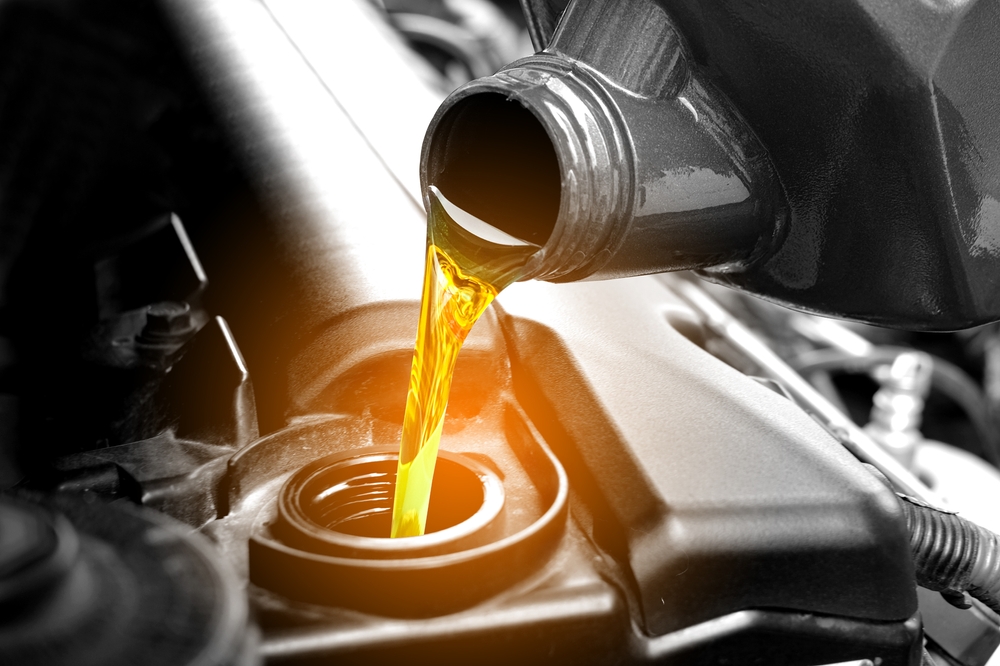
Waiting until your engine starts making noise before changing the oil can lead to serious damage. Engine oil lubricates the moving parts and helps keep the engine cool. Over time, oil breaks down and becomes less effective, leading to increased friction and heat. Regular oil changes are essential to maintaining engine health and preventing costly repairs.
Filling Tires with Over-Inflated Air
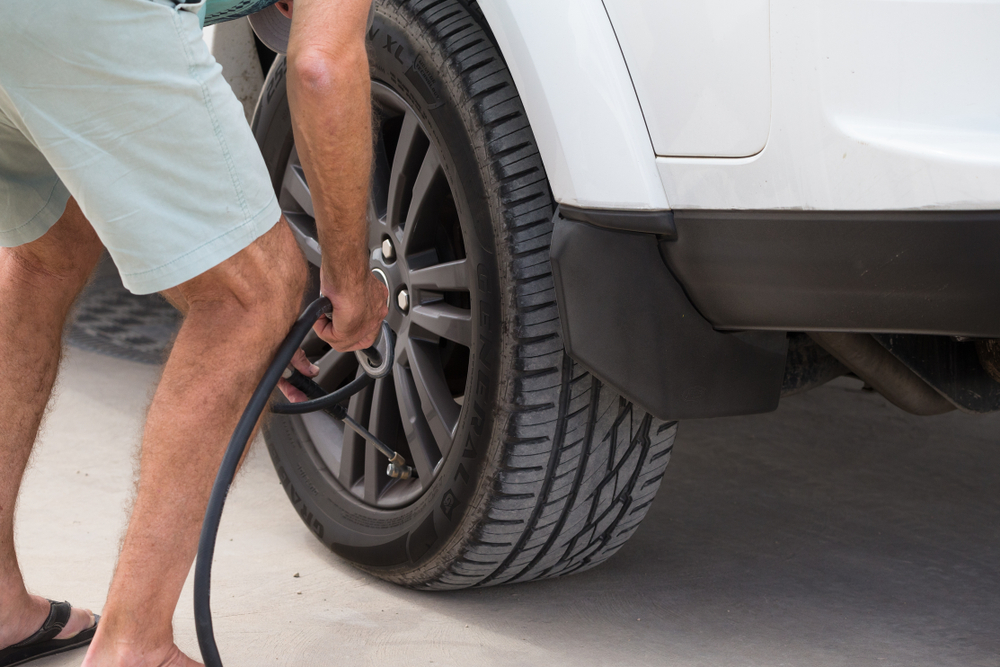
Over-inflating your tires might seem like a good way to improve fuel efficiency, but it actually creates a safety hazard. Over-inflated tires have a smaller contact patch with the road, which can reduce traction and increase the risk of a blowout. Additionally, over-inflation can lead to uneven tire wear, reducing the lifespan of your tires.
Using Water Instead of Coolant
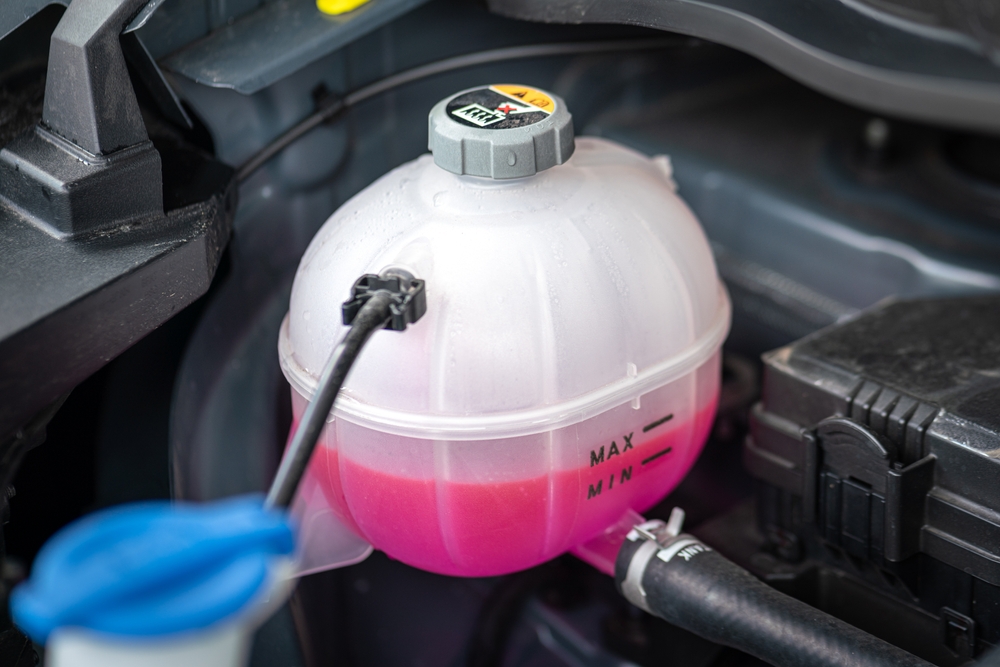
Using water instead of coolant in your radiator can cause several problems. Coolant is formulated to prevent freezing, boiling, and corrosion within the cooling system. Water alone doesn’t provide these protections and can lead to overheating, freezing in cold weather, and rust formation inside the engine, which can cause blockages and leaks.
Ignoring the Check Engine Light
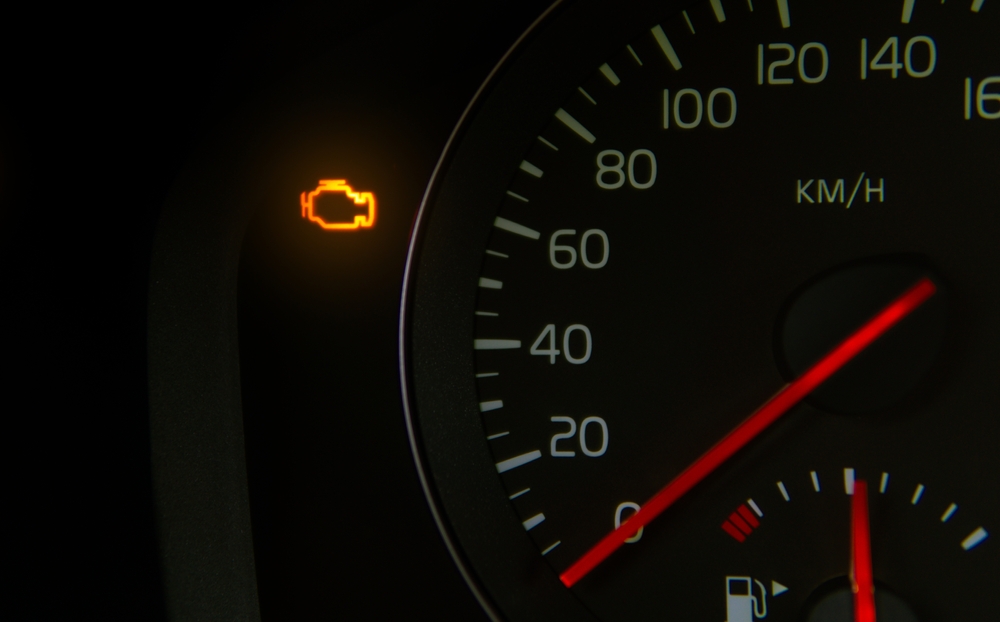
The check engine light is an early warning system for potential issues with your car’s engine or emissions system. Ignoring this light can allow minor problems to escalate into major repairs. The light can indicate anything from a loose gas cap to a serious engine malfunction, so it’s crucial to diagnose and address the issue promptly.
Using Regular Fuel in a Premium Fuel Engine
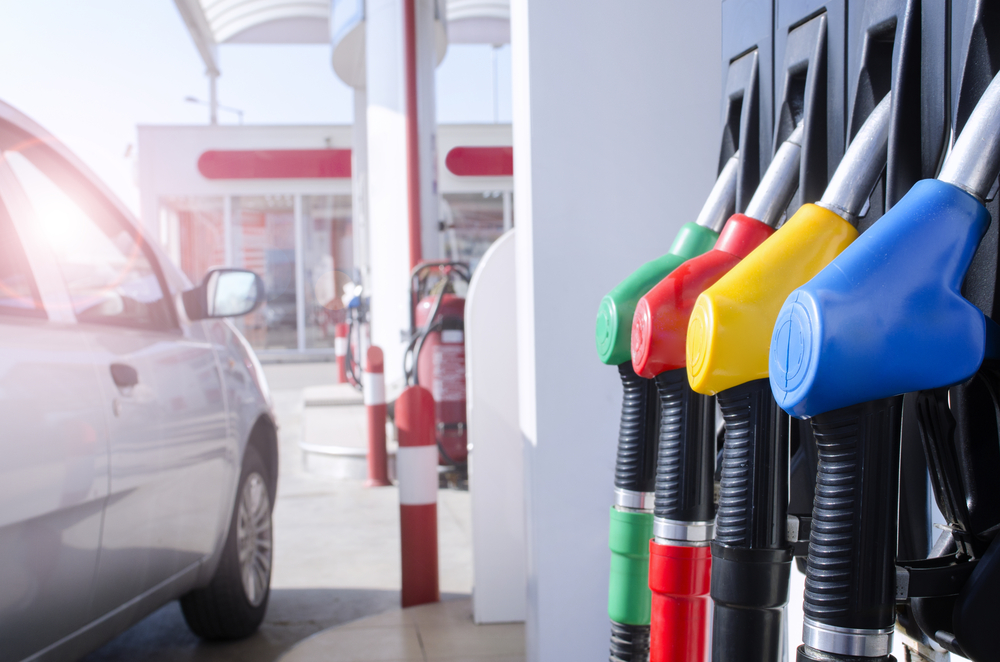
Premium fuel engines are designed to operate at higher compression ratios and require higher octane fuel to prevent knocking and pinging. Using regular fuel in such engines can lead to reduced performance, decreased fuel efficiency, and potential long-term damage to engine components.
Not Replacing the Air Filter Regularly
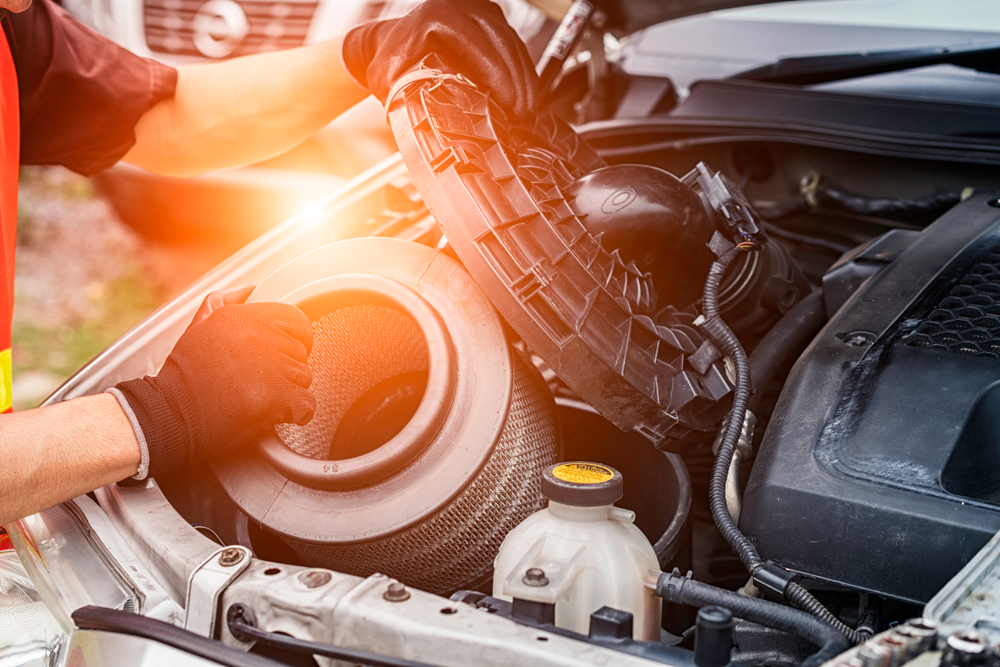
A clean air filter is essential for optimal engine performance. It prevents dirt, dust, and debris from entering the engine, ensuring proper air flow and combustion. A dirty air filter can restrict airflow, reduce fuel efficiency, and increase emissions. Regular replacement of the air filter helps maintain engine health and performance.
DIY Battery Installation Without Proper Knowledge
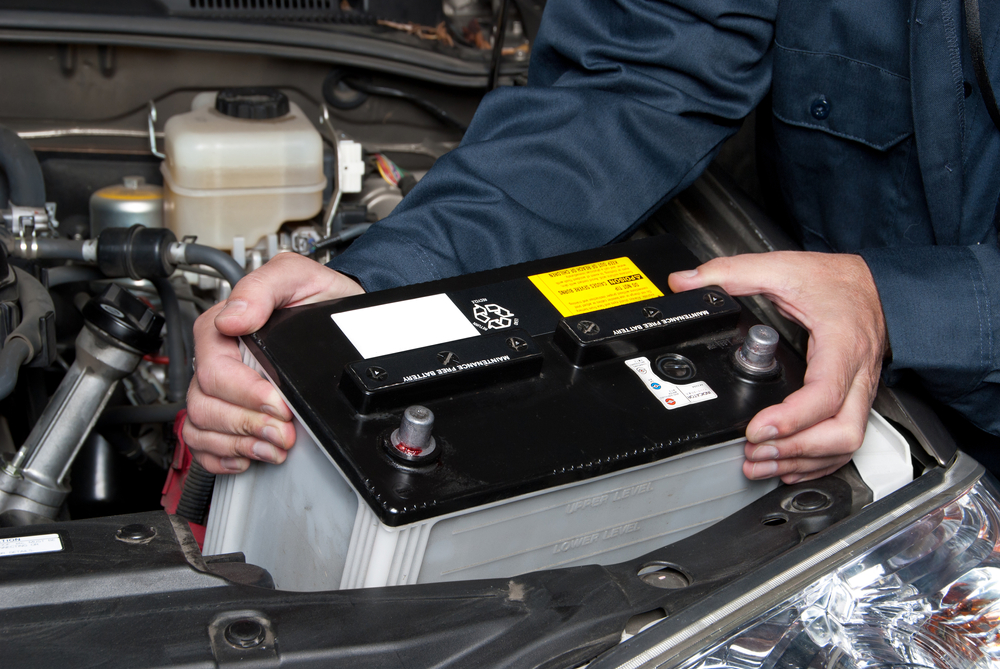
Installing a car battery might seem straightforward, but doing it incorrectly can cause electrical problems or even damage the car’s computer systems. Improper installation can lead to short circuits, blown fuses, and poor electrical connections. It’s important to follow the manufacturer’s instructions or have a professional handle the installation.
Never Flushing the Transmission Fluid
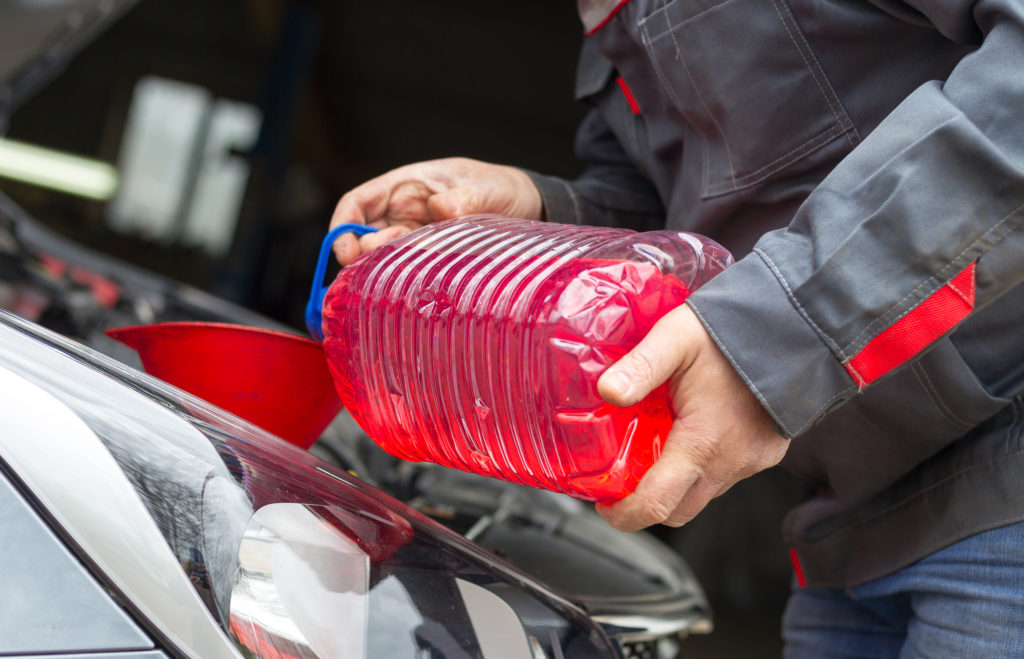
Transmission fluid is vital for the proper functioning of the transmission system, providing lubrication, cooling, and hydraulic power. Over time, the fluid can become contaminated with debris and lose its effectiveness. Regular flushing and replacement of transmission fluid can prevent transmission failure and extend the life of the transmission.
Using Any Type of Oil
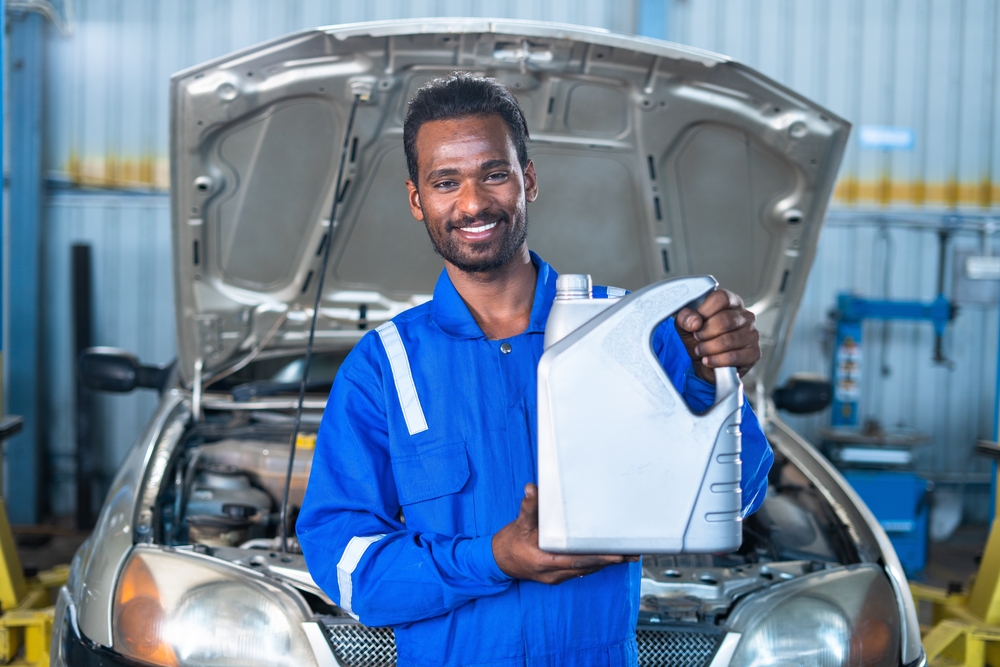
Engines are designed to run on specific types and grades of oil, which provide the necessary lubrication and protection. Using the wrong type of oil can lead to inadequate lubrication, increased friction, and engine wear. Always use the oil recommended by the manufacturer to ensure optimal engine performance and longevity.
Only Checking Tire Pressure When It Looks Low
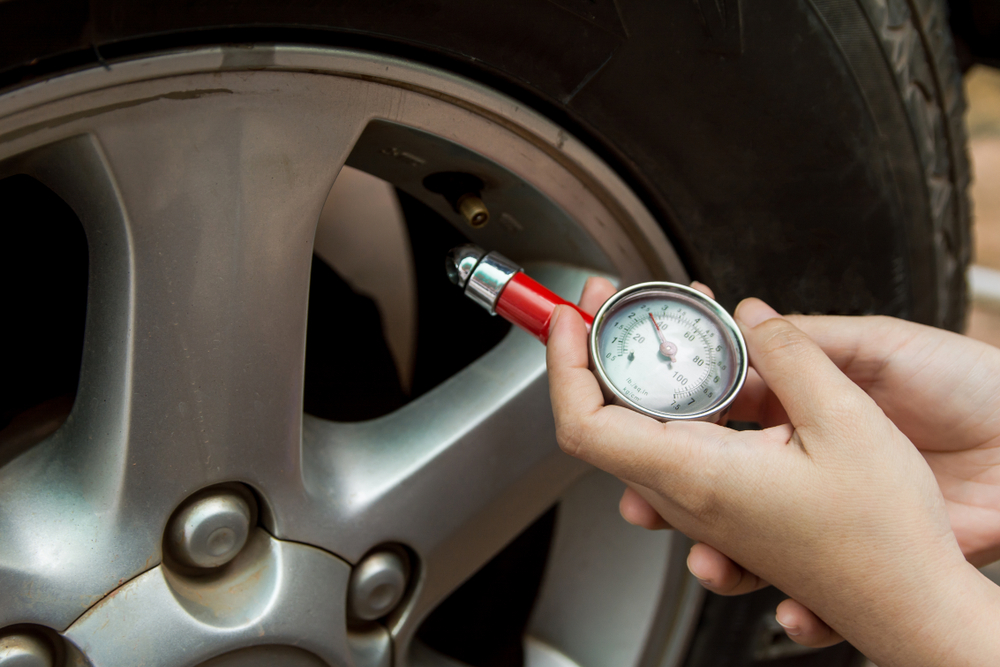
Visually checking tire pressure is not accurate and can lead to underinflated or overinflated tires. Underinflated tires can reduce fuel efficiency, cause uneven tire wear, and increase the risk of a blowout. Overinflated tires can lead to a rough ride and reduced traction. Use a tire pressure gauge to check and maintain the correct pressure regularly.
Skipping Brake Fluid Replacement
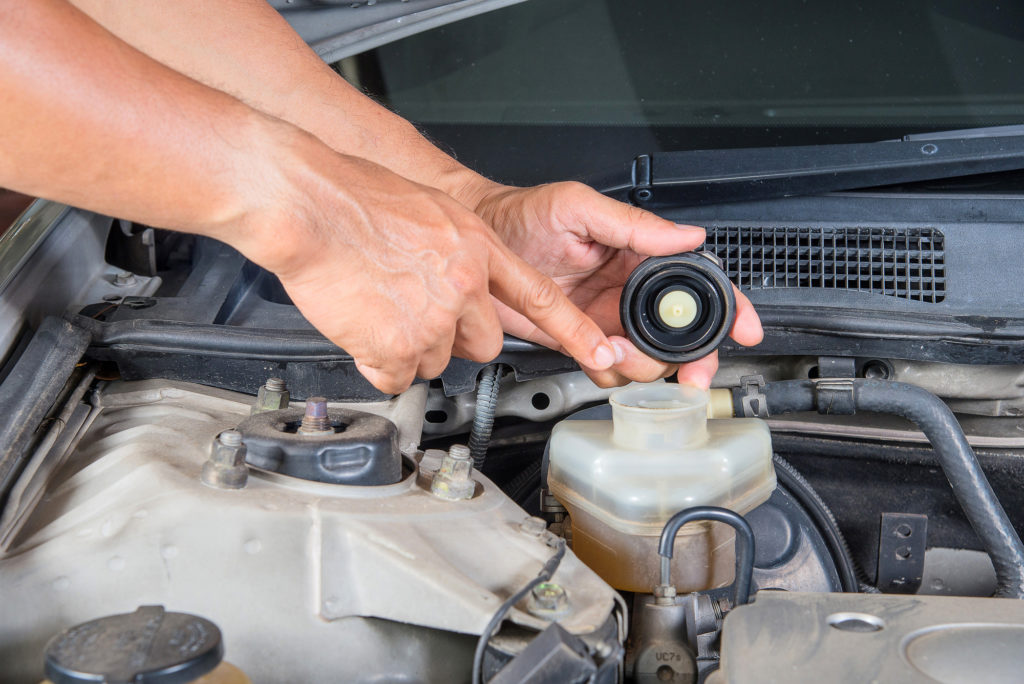
Brake fluid is hygroscopic, meaning it absorbs moisture over time. This can lead to corrosion within the braking system and reduced braking performance. Regularly replacing the brake fluid helps maintain optimal braking performance and prevents costly repairs to the brake system.
Ignoring Minor Leaks
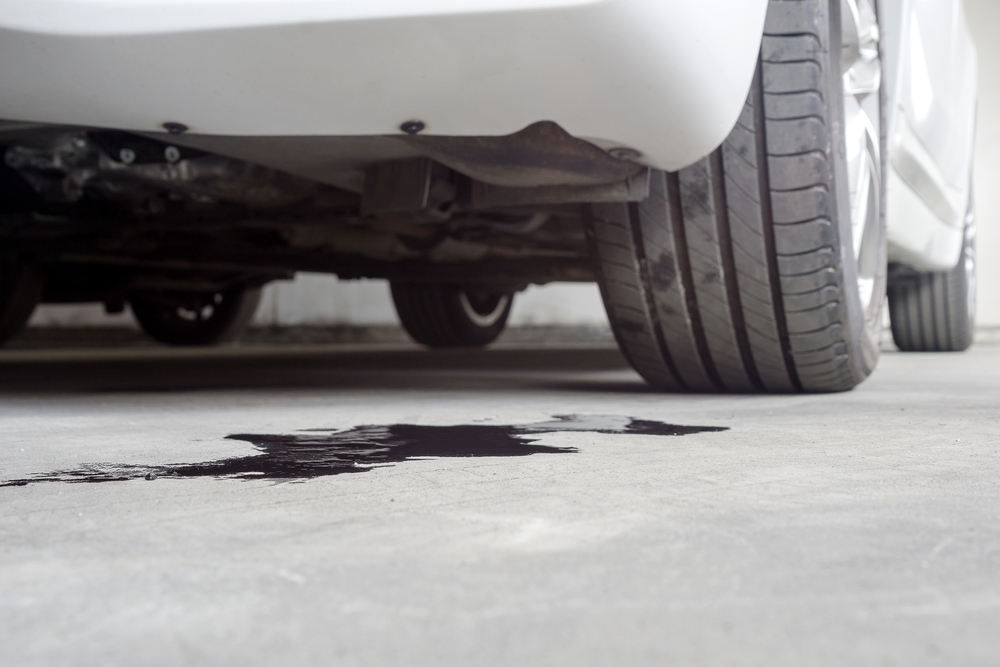
Minor leaks might seem insignificant, but they can indicate underlying issues that can worsen over time. Ignoring leaks can lead to more significant problems, such as engine overheating, low oil levels, and damage to other components. Addressing leaks promptly can prevent more extensive and costly repairs.
Skipping Timing Belt Replacement
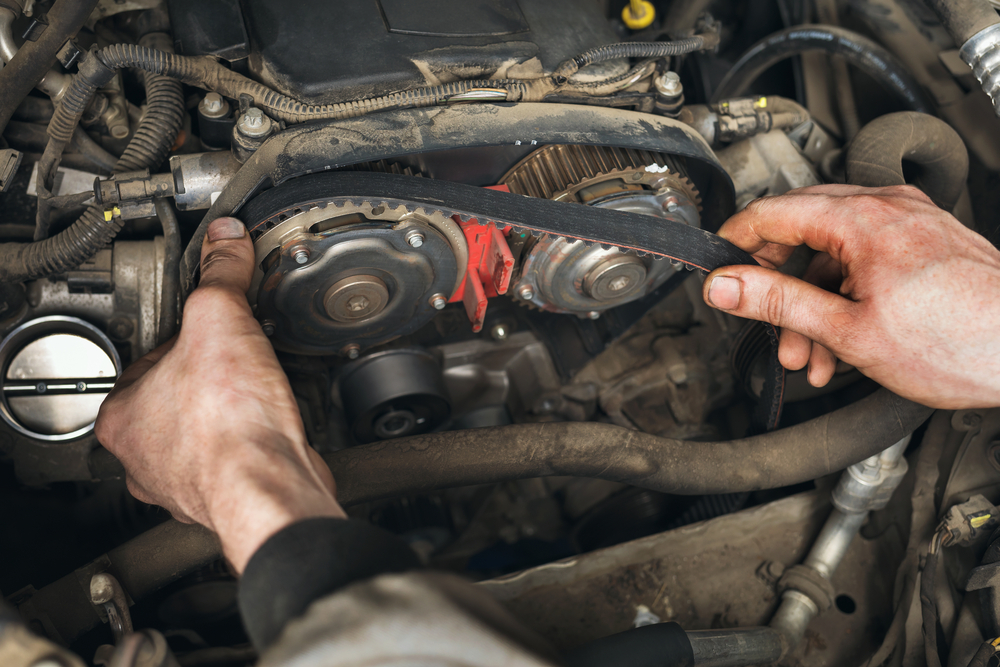
The timing belt is a critical component that synchronizes the engine’s camshaft and crankshaft. If the timing belt breaks, it can cause severe engine damage, including bent valves and damaged pistons. Regularly replacing the timing belt according to the manufacturer’s recommendations is essential for preventing catastrophic engine failure.
Ignoring Rust Spots
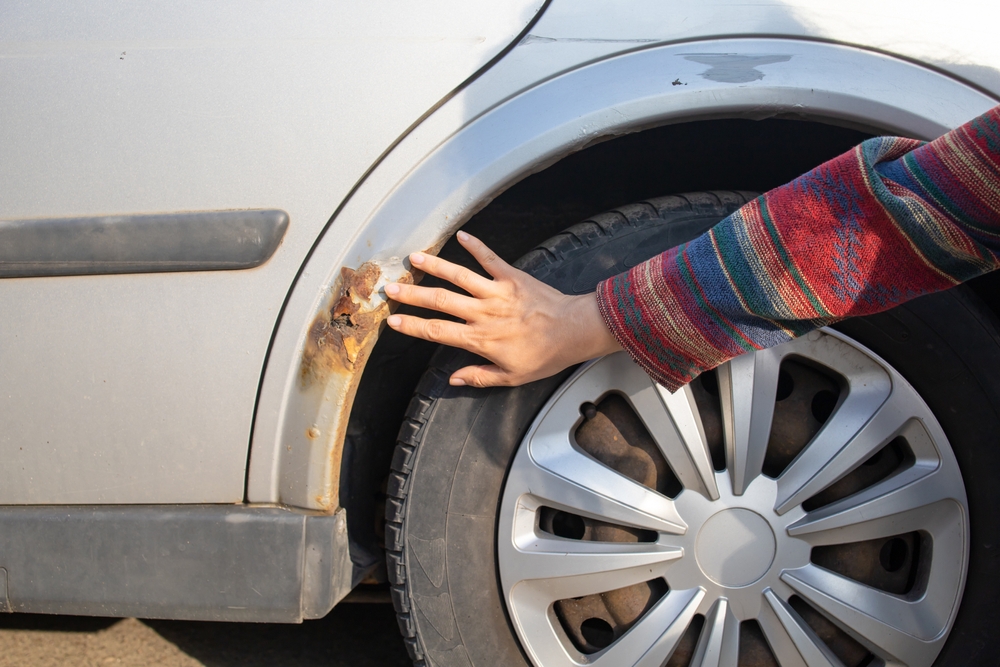
Rust can spread quickly and weaken the car’s structure if not treated early. Ignoring rust spots can lead to more extensive and costly repairs down the line. Treating rust promptly with appropriate rust inhibitors and paint can prevent further damage and extend the life of your vehicle.
Not Rotating Tires Regularly
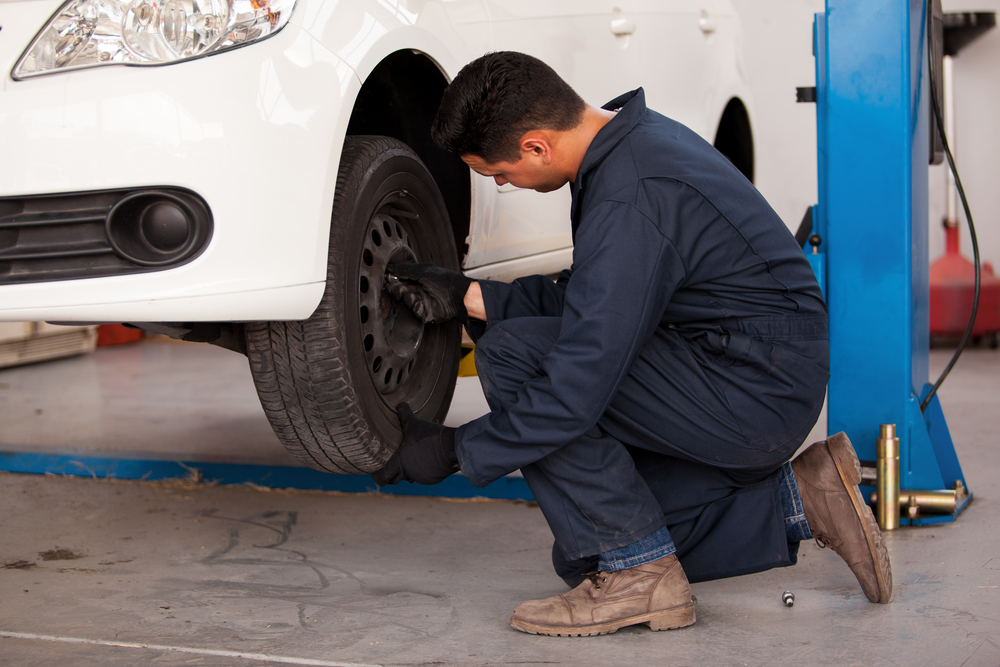
Regular tire rotation ensures even wear and extends the lifespan of your tires. Uneven tire wear can lead to reduced traction, increased road noise, and poor handling. Rotating your tires according to the manufacturer’s recommendations helps maintain balanced wear and optimal performance.
Never Cleaning the Battery Terminals
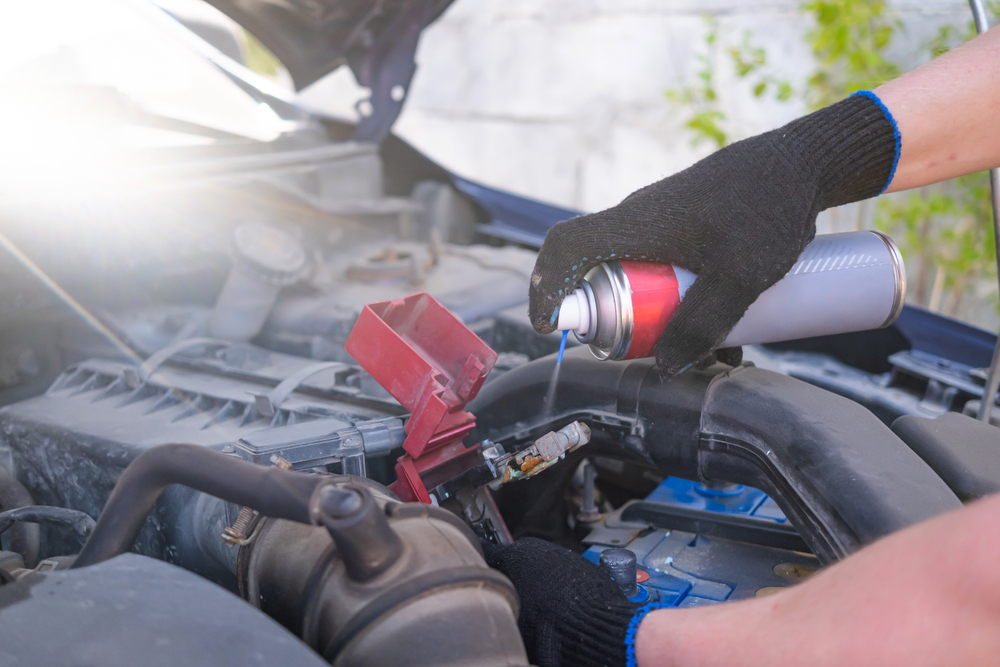
Corroded battery terminals can cause starting problems and poor electrical connections. Regularly cleaning the battery terminals helps maintain a reliable electrical system and prevents issues such as difficulty starting the car and dimming lights. Use a mixture of baking soda and water to clean the terminals and ensure proper connections.
Using Cheap, Non-Brand Replacement Parts
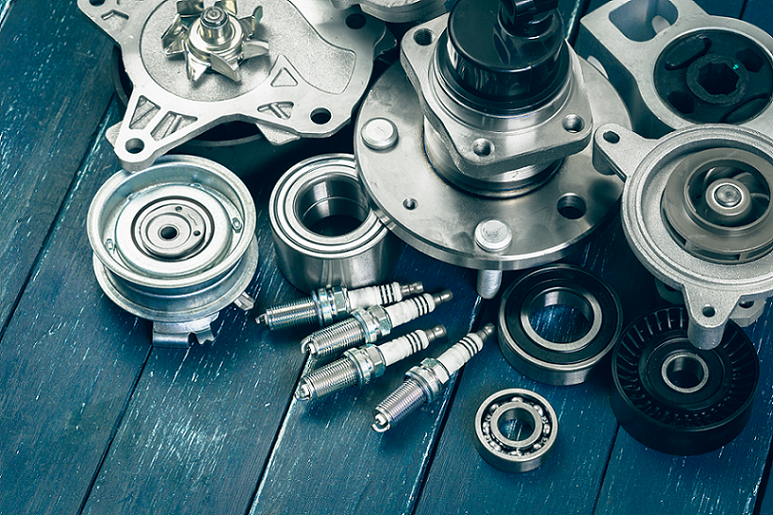
While it might be tempting to save money by using cheap, non-brand replacement parts, they often lack the quality and durability of OEM (original equipment manufacturer) parts. Low-quality parts can fail quickly and lead to more significant issues. Investing in quality parts ensures better performance and reliability.
This article originally appeared in MyCarMakesNoise.
More from MyCarMakesNoise
15 High-Performance Sports Cars That Didn’t Sell

In the world of automobiles, high-performance sports cars often represent the pinnacle of engineering prowess and design sophistication. These vehicles are built to deliver exhilarating speed, precise handling, and an undeniable allure that captivates car enthusiasts around the globe. Read More.
10 Budget-Friendly RVs for First-Time Buyers

Venturing into the world of RV travel can be exhilarating, but the wide range of options and prices can be overwhelming for first-time buyers. This is why choosing a budget-friendly RV that doesn’t compromise on quality and essential features is crucial. Read More.
10 Unusual Spacecraft Designs That Defied Convention

Venturing into space has always demanded audacious ideas and bold engineering. Throughout history, visionaries and engineers have dared to think outside the conventional pathways, proposing spacecraft designs that stretch the imagination and challenge the status quo. Read More.


